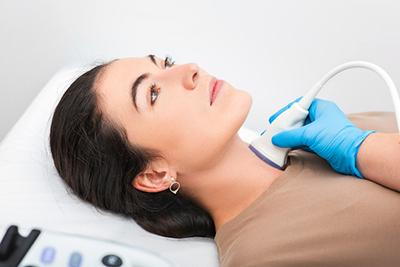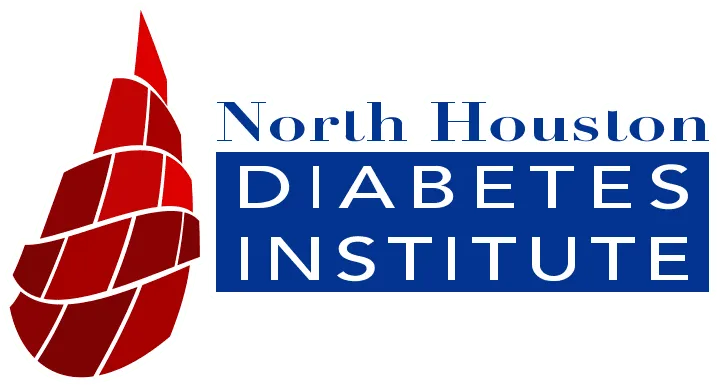
Thyroid tests provide insight to healthcare providers and help them understand how well your thyroid gland functions. As noted by Dr. Juan Carlos Zubieta of the North Houston Diabetes Institute in Humble, TX, tests designed for evaluating the function of your thyroid can help diagnose conditions that should not be left untreated, like hyperthyroidism, hypothyroidism, Hashimoto’s disease, Graves’ disease, and more.
What is the Thyroid Gland?
The thyroid gland refers to an endocrine gland in your neck that is situated just above your sternum (a.k.a. breastbone). This butterfly-shaped gland that works within your endocrine system produces hormones controlling several essential body systems.
- The thyroid gland works like your body’s command center, managing how you use energy and stay warm.
- The thyroid gland maintains the proper functioning of the brain, heart, muscles, and other organs.
What are Thyroid Tests?
Thyroid tests (also known as thyroid function tests or thyroid symptom tests) determine if your thyroid gland works as it should. Your healthcare provider may suggest a thyroid test if you exhibit these symptoms –
- Fatigue.
- Restlessness.
- Sluggishness.
- Irritability.
- Unexplained change in weight.
Thyroid Test Types
There are several different types of thyroid tests, but generally, each test belongs to one of two primary categories -
- Thyroid blood tests measure the levels of various hormones produced by the thyroid gland.
These types of blood tests can determine if you have an underactive thyroid gland (i.e., hypothyroidism) or an overactive thyroid gland (i.e., hyperthyroidism). Several types of thyroid blood tests are available, including tests specifically designed to measure TSH, T3, T4, and thyroid antibody levels. However, the two most common thyroid blood tests determine your thyroid-stimulating hormone and T4/free T4 (thyroxine) levels.
If a full thyroid blood test panel is recommended, it will measure hormone and antibody levels in your blood as above and also include -- TSH (thyroid-stimulating hormone).
- T3 or free T3 (tri-iodothyronine).
- TG (thyroglobulin).
- TPO (thyroid peroxidase antibodies).
- TGAb (thyroglobulin antibodies).
- TSI (thyroid-stimulating immunoglobulin).
- Thyroid imaging tests can help a healthcare provider identify lumps or nodules in your neck, which can then help determine whether they are benign (noncancerous) or malignant (cancerous).
Imaging tests include –- Nuclear medicine imaging – which involves swallowing/injecting minute amounts of contrast material -
- Thyroid uptake test.
- Scan tests.
- Nuclear medicine imaging – which involves swallowing/injecting minute amounts of contrast material -
For more information on the importance of thyroid screenings for thyroid disease, contact Dr. Zubieta or a team member at the North Houston Diabetes Institute in Humble, TX at 832-644-9595 or online.
